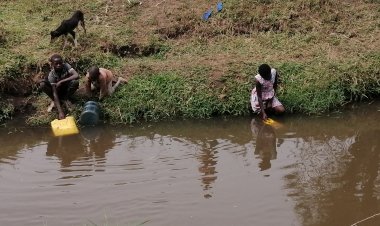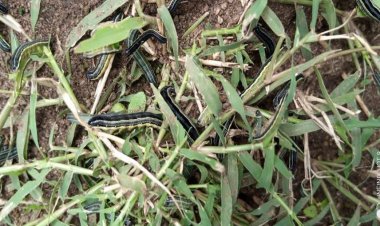WWF, UWA Launch Initiative to Combat Invasive Species Threatening Queen Elizabeth National Park
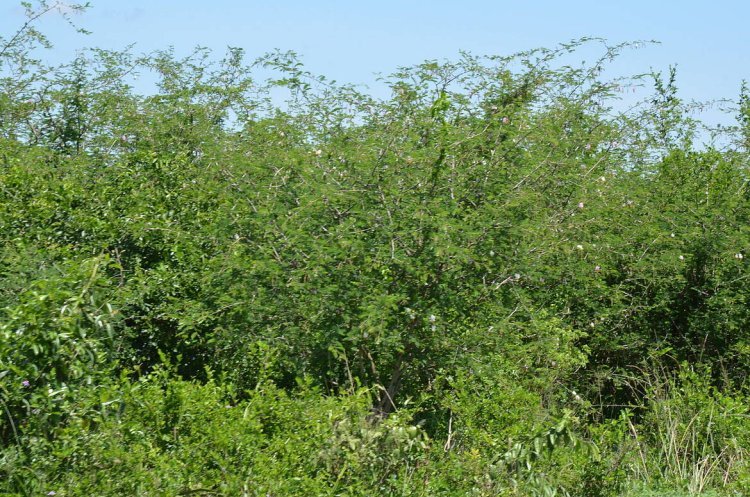
In an effort to combat invasive species threatening Uganda's iconic Queen Elizabeth National Park (QENP), WWF Uganda, in collaboration with the Uganda Wildlife Authority (UWA) and other key partners, has embarked on a critical intervention.
The initiative aims to reclaim vast sections of the park overrun by invasive plants, safeguarding its ecological balance and preserving vital habitats for native flora and fauna.
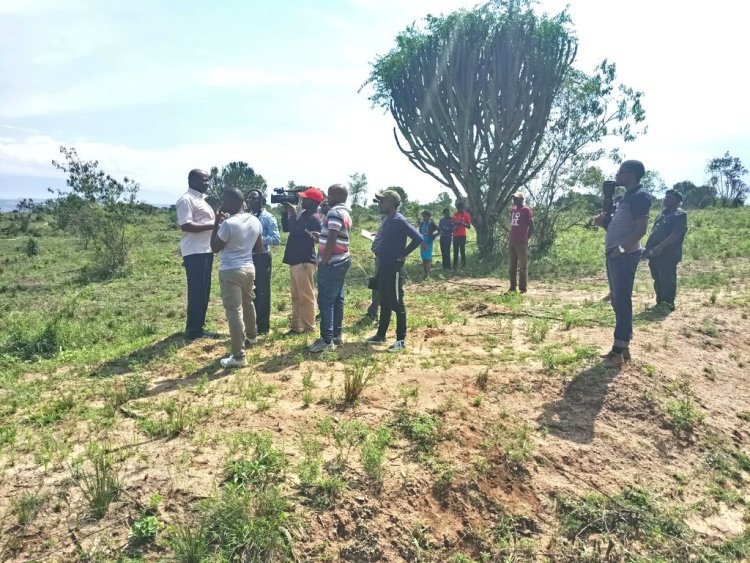
Sam Mwandha, Executive Director of UWA, underscored the urgency of the initiative, highlighting the severe threat posed by invasive species to the park's ecosystem and the livelihoods of surrounding communities.
He emphasized that approximately 40-50% of QENP's former open savannah grasslands have been encroached upon by invasive plants, disrupting food chains, diminishing wildlife habitats, and leading to the extinction of native species.
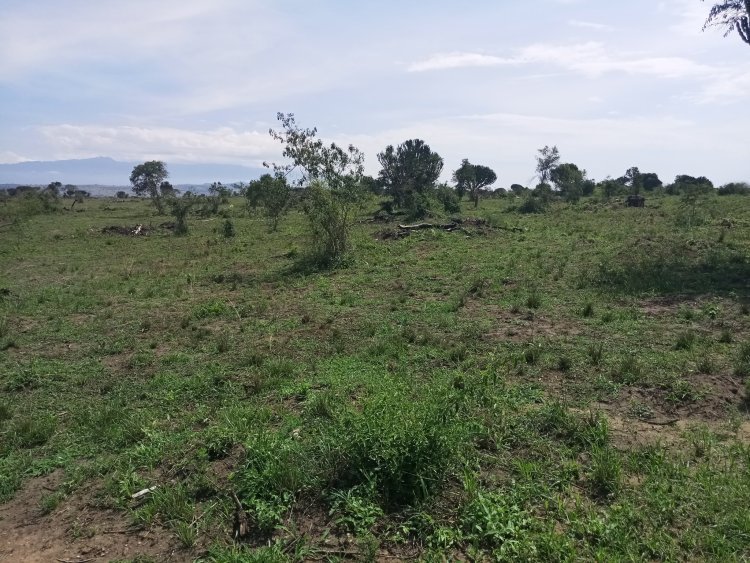
"The invasive plants have overrun 40-50% of QENP’s former open savannah grasslands, disrupting food chains, limiting habitats, and even leading to the extinction of native species," Mwandha noted.
Annet Tumwine, Project Manager at WWF Uganda, revealed that the intervention falls under the Climate Adaptation and Protected Area Initiative (CAPA), which aims to bolster the park's resilience amid a changing climate.
"By employing nature-based solutions, the project seeks to restore balance and protect the biodiversity of the Greater Virunga landscape, with a focus on areas surrounding protected regions."
"The CAPA project is committed to engaging local communities in conservation efforts, recognizing their indispensable role in preserving the Greater Virunga landscape."
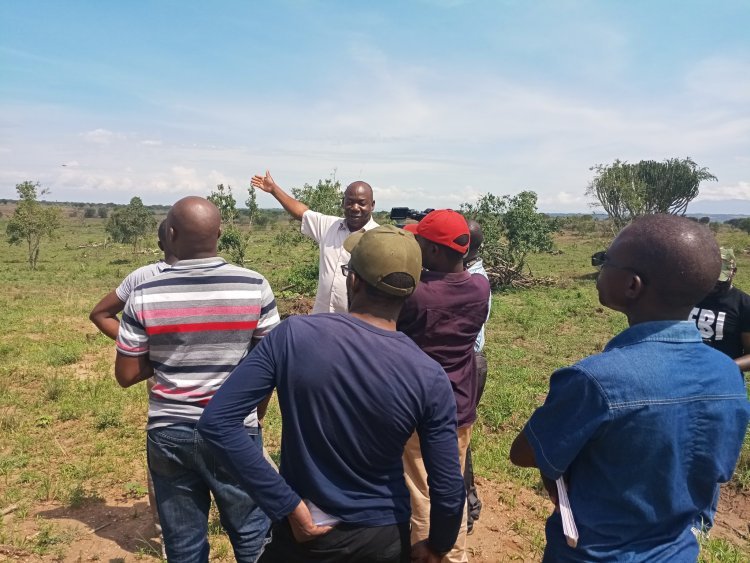
Nakato Kavuma, a resident of Kyambura village neighboring the park, expressed optimism about the project's potential to revitalize their communities.
"The CAPA project gives us hope, not just for the park's wildlife but for our children's future," she remarked, echoing sentiments shared by many locals deeply invested in preserving their ancestral lands.
The initiative funded by Global Affairs Canada (GAC) through the International Institute for Sustainable Development (IISD), aims to create conducive habitats by removing encroaching thickets, promoting the regeneration of native fodder, and mitigating human-wildlife conflicts associated with habitat degradation.








